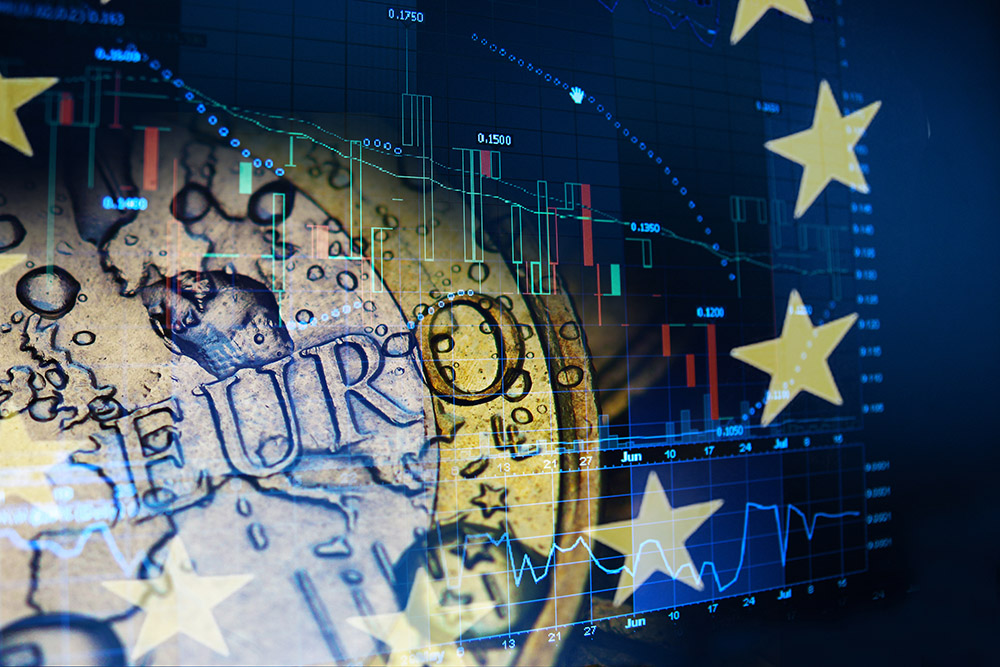
Citizens across Europe elected a new European Parliament (EP) at the end of May with an unprecedented number of new Members of the European Parliament (MEPs) having assumed office in the past weeks. The outcome of these elections is not only going to shape Europe’s strategic policy agenda for the coming legislative period and the internal balance of power – between political factions, Member States and the European institutions – but will also leave a mark on Europe’s relationship with its biggest trading partners. Equally, the make-up of the new EP will influence how Europe positions itself on climate, international trade, technology and financial services policies over the coming five years.
Looking more closely at the internal politics of the EP, the election has delivered a new dynamic that will shape the policy formation process in the new chamber. For the first time, the big centre-left (S&D) and centre-right (EPP) blocs no longer have a working majority between the two of them. Instead, either the new liberal group (Renew Europe), which includes Emmanuel Macron’s En Marche party, or the Green group will be needed to deliver working majorities in the decision-making process. This will drive a very new type of EU politics – with new complexity in political trading in the search for deals and an unpredictability of outcomes driven by which pet political (and national) group issues are prioritised.
With Macron’s en Marche MEPs delivering the largest national delegation within the new liberal group, this will cement a de-facto kingmaker role for the group with effective veto power over future policy deal. This in turn could reinforce the agenda-setting role of Macron’s political movement, which could reflect across several policy streams:
This anticipated greater degree of influence of Macron’s political group over the direction of EU policy is also likely to reflect in a more assertive stance on Brexit, with greater conditionalities being attached to any further extensions of the Article 50 period beyond the end of October and a desire to develop stricter rules for market access in financial services when it comes to the future EU/UK relationship.
With greater influence for the liberal group over policies in the new EP, however, is also going to come a greater influence for the Green group – also given the alignment between the greens and Macron’s political movement on several issues. As a result, the new EP chamber could potentially drive a more activist style of EU politics across issues related to climate transition, taxation, data protection, Anti-Money Laundering, as well as corporate transparency and accountability.
Ultimately, the first test of these new political dynamics in the EP will come with the launch of the process of determining the new President of the European Commission. A more fractured EP with relatively weaker political groups in the centre will mean that the balance of power in determining the Presidency will likely shift to Member State leaders, as political groups and different Member State delegations in the EP fail to reach a consensus on one candidate to put forward for the European Commission Presidency. The scale of any inability of the political groups in the EP to deliver a strong majority in favour of one candidate could result in Member States feeling less bound by the so-called informal Spitzenkandidaten procedure under which the largest political group in the EP would also nominate the candidate for the European Commission Presidency.

The VDT launched the working group in June to deals with the adaptation of internal and external processes to the digital treasury world. They share some of their findings so far.
Read
COVID-19 has certainly impacted the way we communicate from a technical or logistical perspective – I think we’d all agree with that! It has also perhaps raised our awareness around the importance of communications, on a number of different levels.
Read
12 months ago, Central Bank Digital Currencies (CBDCs) were the topic of think tanks and obscure magazines. These days, not a month goes by without a new headline in the more popular press.
Read
From March to May 2020 the VDT conducted a survey on Payment Factories. The trigger for the survey were the numerous regulatory changes that have had a strong impact on the processing and optimization opportunities in payment processes.
Read
The health crisis linked to the coronavirus epidemic has plunged all countries worldwide into the unknown. Paralyzing a large portion of the population and of companies, the health crisis subsequently gives way to a major economic crisis. Against this backdrop, companies first focused on liquidity. Indeed, with a sudden drop in sales, the cash flow generation slows down or even stops as companies are unable to slow down their cash outflows.
Read